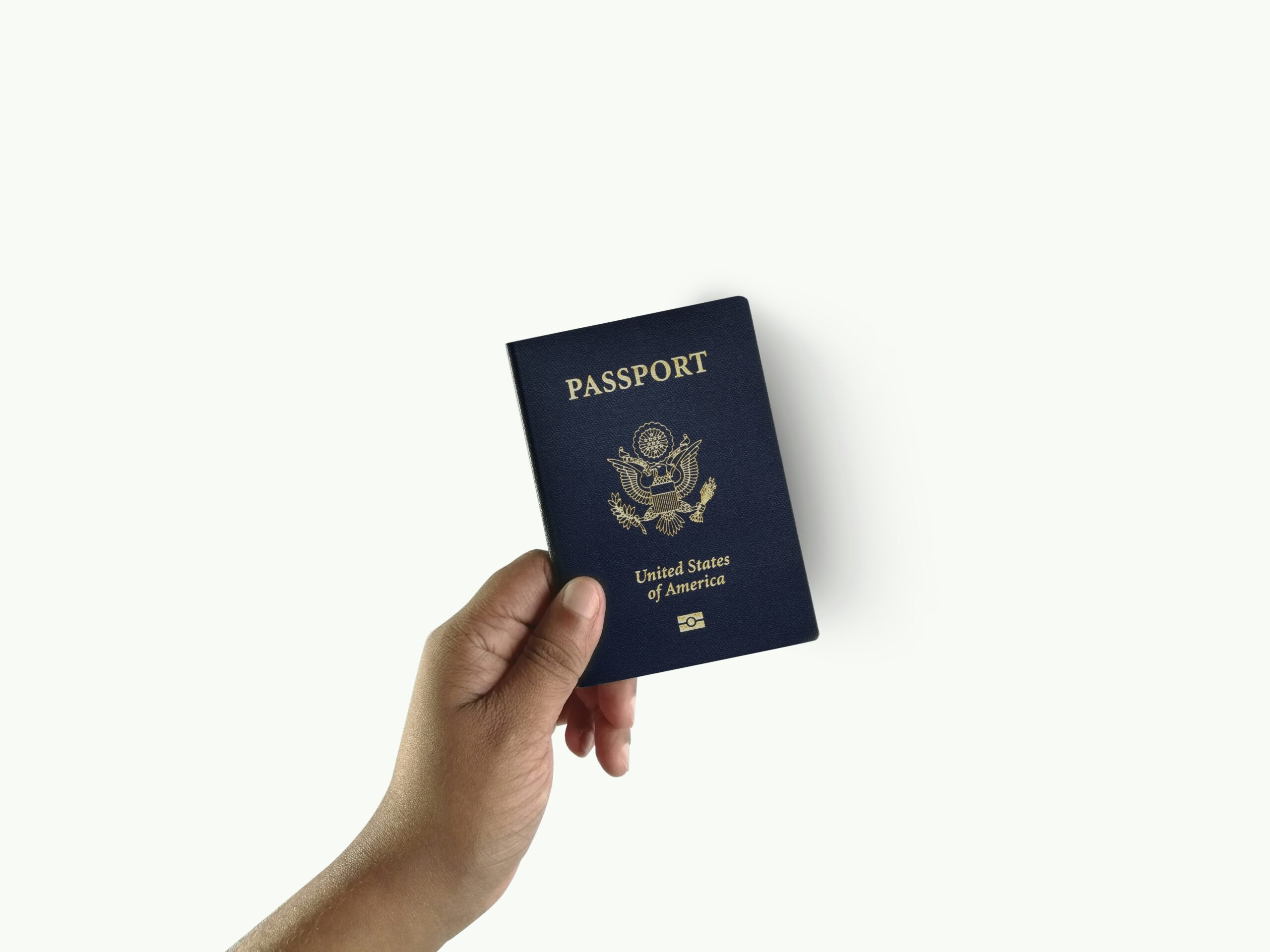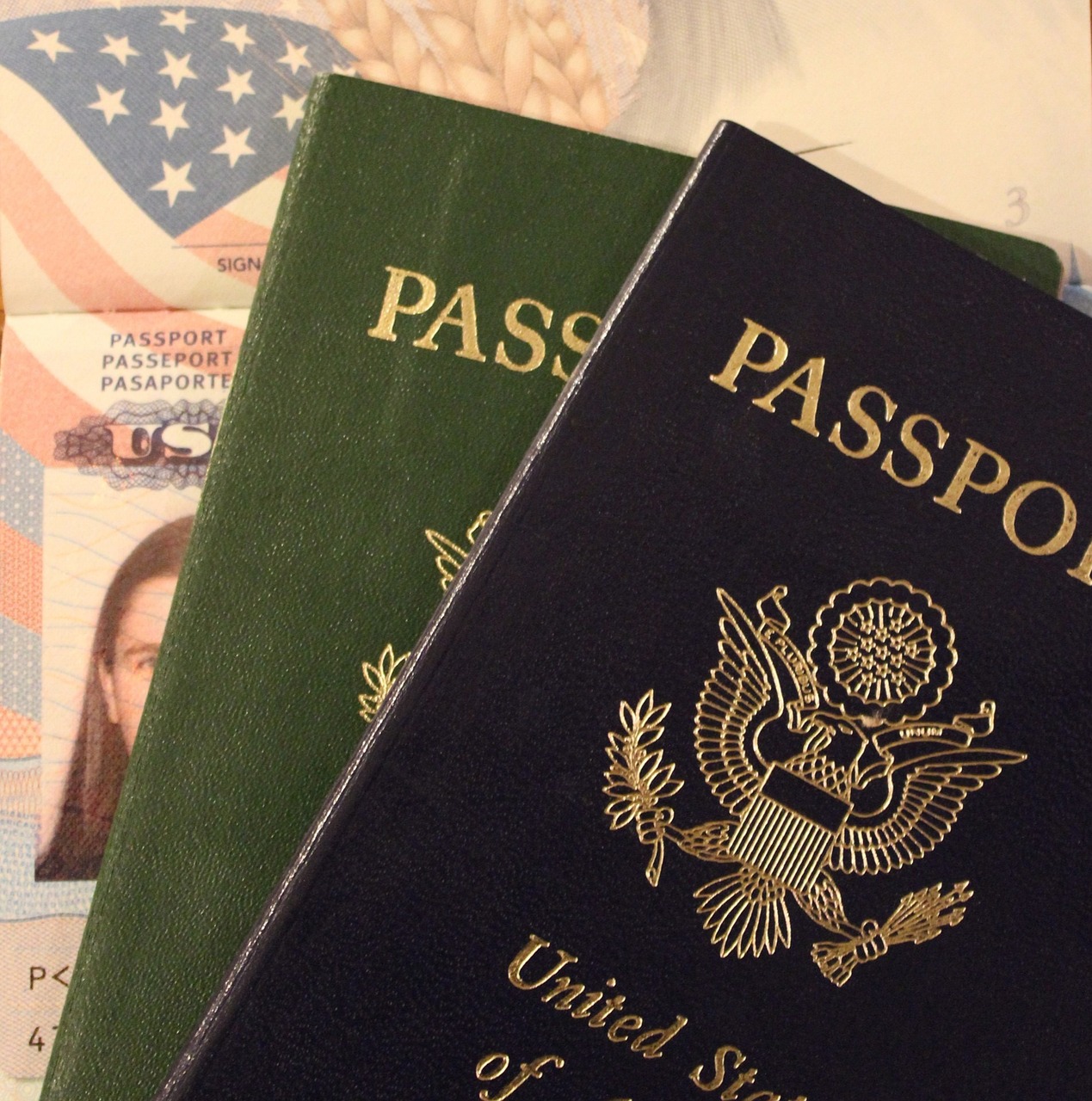
Humanitarian parole serves as a lifeline for individuals who face urgent humanitarian situations or can contribute significantly to the public good but are otherwise ineligible for a visa to enter the United States. This discretionary relief offers temporary permission for entry. It provides a vital solution for those facing dire circumstances. While humanitarian parole is not a visa or a pathway to permanent residency, it offers a glimmer of hope and relief during times of crisis.
Humanitarian parole plays a critical role in safeguarding the welfare of individuals in exceptional circumstances, such as medical emergencies, end-of-life situations, family crises, and participation in essential legal proceedings. It serves as a humanitarian safety net. It allows individuals to access necessary resources, services, and support in the United States.
Key Takeaways:
Table of Contents
The origins of humanitarian parole can be traced back to the Immigration and Nationality Act, which grants the Secretary of Homeland Security discretionary powers to parole noncitizens into the United States temporarily. The intent behind this provision is to address urgent humanitarian situations or provide significant public benefit.
Over the years, humanitarian parole has been a flexible tool to respond to unique circumstances that fall outside the scope of traditional immigration avenues. It has been utilized for the following:
While humanitarian parole offers a lifeline to individuals in urgent need, it is important to understand the specific eligibility criteria when requesting parole. The USCIS carefully evaluates each case based on compelling circumstances and the potential impact on the applicant's well-being.
The eligibility criteria for Humanitarian Parole are broad, as USCIS considers each case individually. The primary factors USCIS evaluates include:
Common scenarios that often lead to successful humanitarian parole applications include:
It is essential to establish a convincing case with supporting evidence that clearly demonstrates the urgency and humanitarian nature of the situation.
The application process for humanitarian parole involves several steps, requiring meticulous attention to detail and comprehensive documentation. The following is a step-by-step guide to navigating the humanitarian parole application process:
To initiate the application process, gather all the necessary documents and evidence to support your case. These may include:
Submit the filing fee along with your application. Ensure you have the necessary funds to cover the fee or explore options for fee waivers if eligible.
Submit your application form to the appropriate USCIS office. Follow the instructions about the submission process, including the correct mailing address and any additional requirements.
After submitting your application, USCIS will review your case based on the specific humanitarian circumstances presented. This process can take time, and it is essential to be patient. USCIS may request additional information or evidence to further evaluate your case.
After USCIS makes a decision on your application, they will notify you of the outcome. If your application is approved, you'll receive an approval notice detailing the conditions and duration of your humanitarian parole. If your application is denied, USCIS sends a denial letter explaining why it was denied.
Important Note: The application process for humanitarian parole requires careful attention to detail as well as adherence to USCIS guidelines. Seeking professional legal guidance can significantly enhance your chances of a successful application.
Hire a St. Louis Immigration Attorney
In addition to the general Humanitarian Parole programs, certain countries have specific programs that cater to their nationals. These programs streamline the application process and provide targeted assistance to individuals from those countries.
Let's explore a few examples:
The "Uniting for Ukraine" program is designed to assist Ukrainian nationals and their immediate family members in entering the United States on parole. It grants individuals temporary relief and the opportunity to access necessary resources and medical treatment.
To qualify for this program, Ukrainian nationals must have a sponsor in the United States who can provide financial support throughout their stay.
USCIS has specific guidelines for Afghan nationals seeking Humanitarian Parole, with variations based on whether the applicant is in Afghanistan or outside the country. These guidelines take into account the dangerous conditions, violence, or severe economic hardships faced by Afghan nationals.
The application process for Humanitarian Parole varies depending on the applicant's location. More information on this program can be found on the USCIS website.
The Biden administration has recently introduced a new Humanitarian Parole program for individuals from Cuba, Haiti, Nicaragua, and Venezuela. This program aims to address dangerous conditions, violence, and severe economic hardships in these countries.
Eligible migrants can apply for U.S. travel authorization without leaving their home countries at U.S. embassies or consulates. If approved, they can enter the United States on parole status. Then, they can legally reside and work in the country for up to two years. Financial sponsorship from a U.S.-based sponsor is required for this program.
The Cuban Family Reunification Parole (CFRP) program focuses on expediting the process of family reunification for Cubans. This program has expanded over the years to include additional categories of eligible family members. CFRP has its own eligibility requirements and application process, providing a pathway for eligible individuals to enter the United States on parole and reunite with their loved ones.
While humanitarian parole serves as a vital pathway for individuals facing urgent immigration needs, it is important to explore alternative options that may be available. Depending on the specific circumstances, individuals may consider the following alternatives:
Consult with an immigration attorney to figure out the most appropriate alternative based on your unique circumstances.
More Immigration Tips and News

Once an individual has been granted humanitarian parole, they enter a new phase of their immigration journey. It is important to understand the rights, restrictions, and next steps that follow humanitarian parole:
Humanitarian parole is typically granted for a limited period of time, depending on the specific urgent humanitarian need or significant public benefit. The duration will be specified in the USCIS approval notice and accompanying travel document.
While on humanitarian parole, individuals have the right to stay in the United States temporarily and access necessary resources and services. However, it is essential to comply with the conditions specified in the approval notice. Violations of the terms of humanitarian parole can result in revocation or other legal consequences.
Depending on the circumstances, individuals may explore options to obtain lawful immigration status. Pursue a more permanent solution by applying for a work visa, family-based green card, or other immigrant pathways. Make sure, though, to file your request before the parole period expires.
Navigating life after receiving humanitarian parole requires careful adherence to the conditions and exploration of long-term immigration options with professional legal guidance.
Hire St. Louis Immigration Lawyers
While humanitarian parole offers a potential solution for urgent immigration needs, there are legal complexities and challenges associated with the application process. USCIS has the discretionary authority to decide based on the specific circumstances of each case, making it crucial to present a compelling case with strong supporting evidence.
Some common reasons for denial of humanitarian parole applications include:
To address potential obstacles and increase the chances of a successful application, seek professional legal guidance. Experienced immigration lawyers can provide valuable insights, assist in compiling a strong application, and navigate the legal complexities associated with humanitarian parole.
Immigration lawyers provide expert advice, analyzing individual cases, and ensuring that applications meet USCIS requirements.
At Hacking Immigration Law, LLC, we understand the unique challenges faced by individuals seeking humanitarian parole. Our experienced immigration attorneys are dedicated to simplifying the process, providing personalized guidance, and increasing the chances of a successful application. We leverage our expertise and comprehensive understanding of citizenship and immigration services to help you apply for humanitarian parole.
With our support, you can navigate the complex legal landscape with confidence because you have a trusted ally by your side. Contact Hacking Immigration Law, LLC today for expert assistance in preparing and strengthening your humanitarian parole request.








